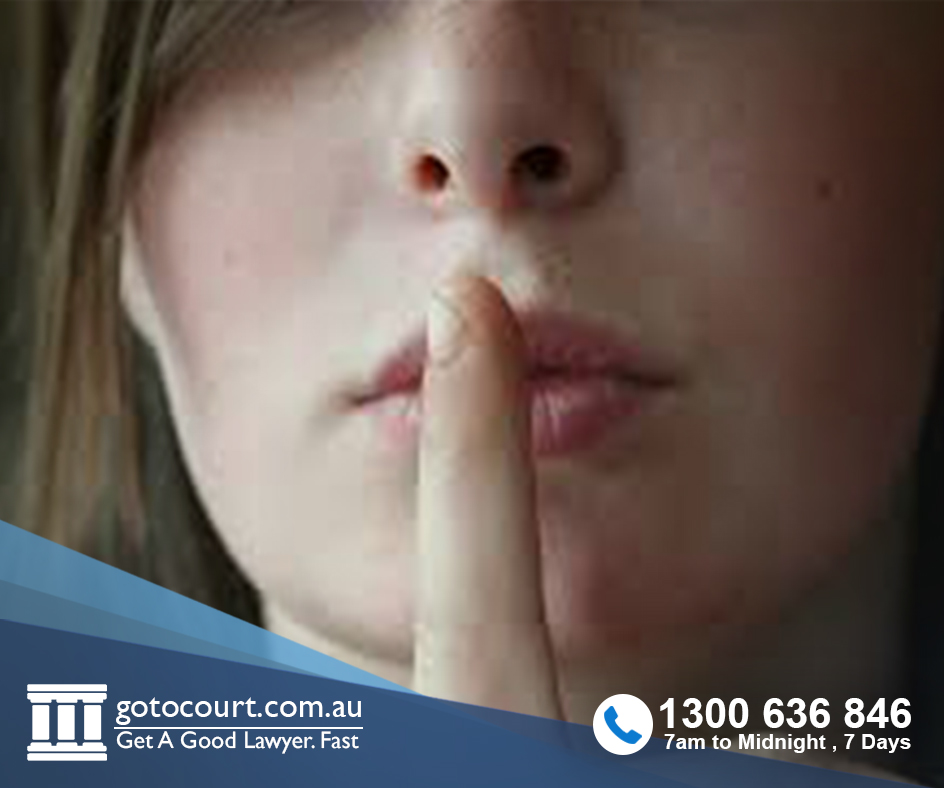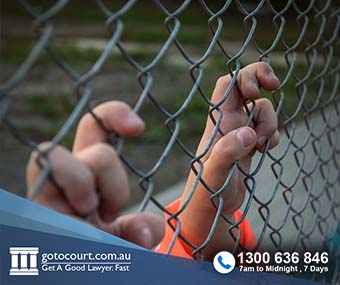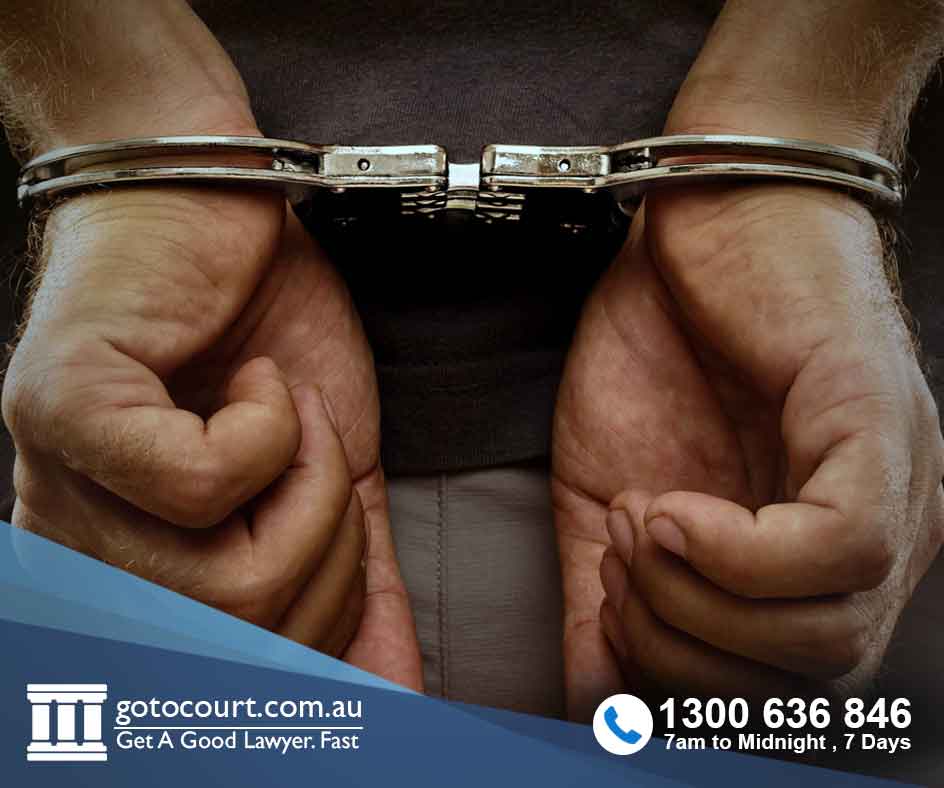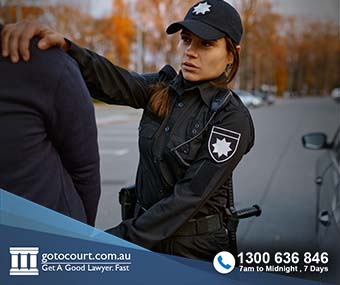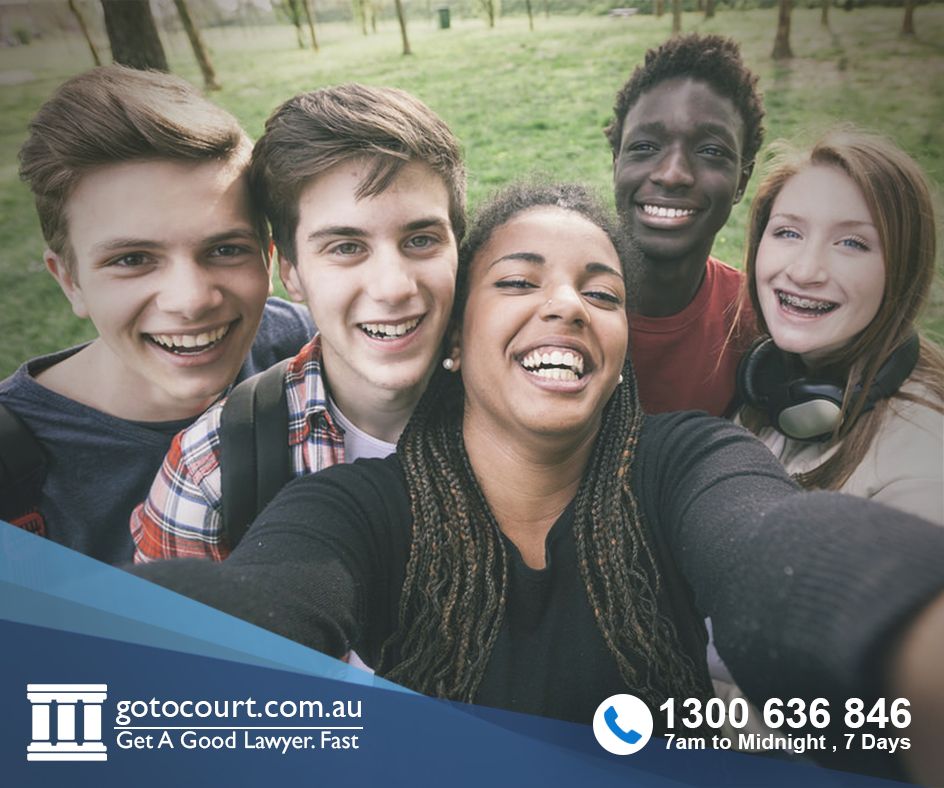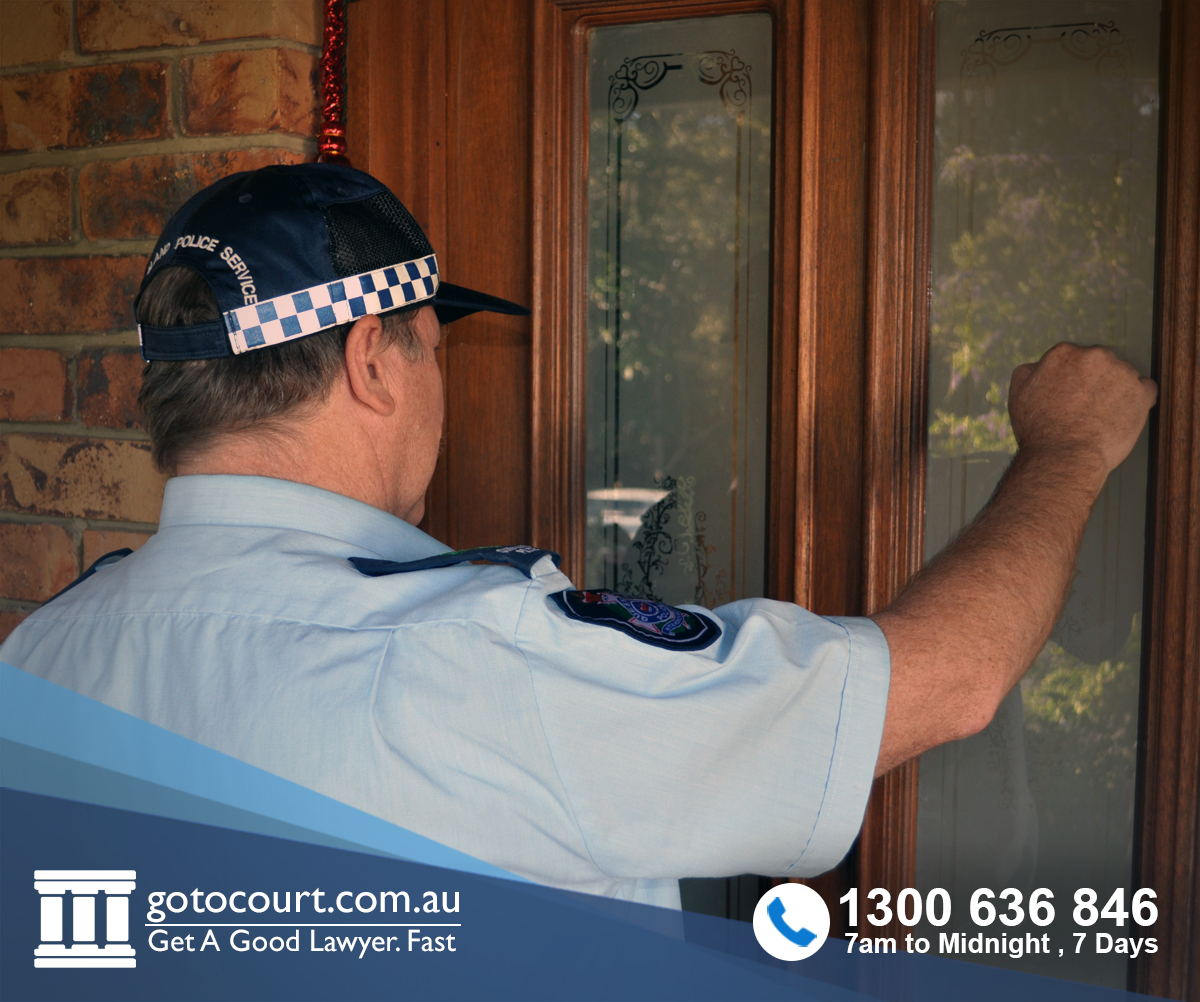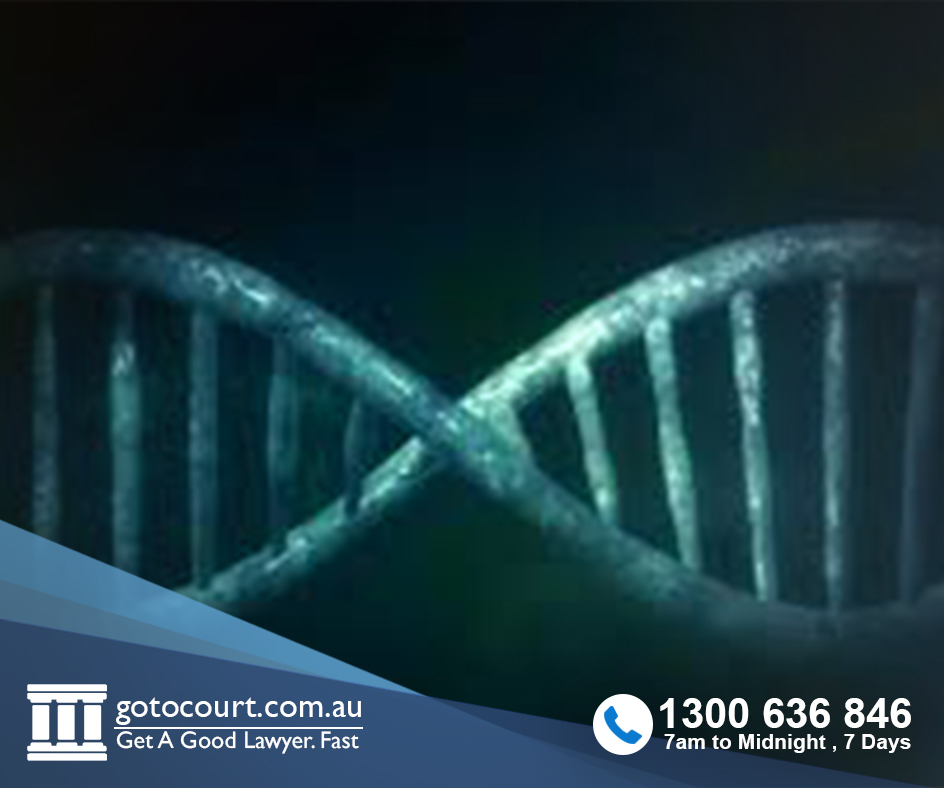The Right to Silence (Vic)
When a person is questioned by law enforcement officials or others acting under the authority of the state, he or she has the right to silence. This is because the common law (court-made law) recognises a need to protect the freedom of individuals against the state. A person is not required to answer questions when confronted by law enforcement and is not, strictly speaking, required to engage in police investigations. Subject to the exceptions provided below, the right to silence may be exercised both at the time of confrontation by law enforcement and may also be exercised in court of law where a person chooses to remain silent in their own defence in criminal proceedings.
What is the right to silence?
The law provides that ‘A person who believes on reasonable grounds that he or she is suspected of having been a party to an offence is entitled to remain silent when questioned or asked to supply information by any person in authority about the occurrence of an offence, the identity of the participants, and the roles which they played.’
The right to silence is ‘a right which attracts an immunity from adverse inference which might otherwise arise from its exercise’. This means that the court cannot draw any adverse inferences from the fact that a person exercised their right to silence by refusing a police interview or by choosing not to give evidence in court.
The privilege against self-incrimination
Similarly, the privilege against self-incrimination allows an accused to resist an otherwise compulsory request for information. This privilege may be utilised by any person, not only an accused in a criminal investigation. When seeking to rely upon the privilege against self-incrimination, a person (other than the accused) may only rely upon this right in relation to specific questions posed to them on the grounds that the specific question may incriminate them.
Legislative provisions
As well as existing under common law, the right to silence is protected by various legislative provisions in Victoria. These provisions serve to further protect an accused from adverse inferences being drawn because they choose to exercise their right to silence.
No adverse inferences
Under the Evidence Act 2008 (Vic) an inference that is unfavourable to a person may not be drawn from evidence that the person failed or refused to answer one or more questions or respond to representations put to them by an investigating official who at the time was investigating an the commission or possible commission of an offence (Section 89).
Evidence of the above nature is inadmissible in court where it serves only to create an inference that the accused is guilty based on the fact that they exercised their right to silence.
Jury directions
When an accused is being tried before a jury, the Jury Directions Act 2015 (Vic) provides that when the accused has chosen not to give evidence, counsel acting on their behalf may request that the Judge provide a direction about the right to silence to the jury. The direction will state that:
- The failure of the defence to call a particular witness or the failure to of defendant to give evidence cannot be considered an admission of the accused;
- The failure of the defence to call a witness may not be used as evidence against an accused and does not strengthen the prosecution case.
The court may also give a direction to the jury explaining that the onus in proving the case against the accused lies with the prosecution, that the accused is not required to call any particular witnesses and that the jury should not speculate about what may have been contained in the evidence that was not given by the accused or any other person that was not called to give evidence by the defence.
The legislation also prevents any party to a proceeding making statements that suggest that because an accused did not give evidence that an inference as to their guilt may be drawn by the jury.
Application of privilege against self-incrimination
When an accused is requested to provide information, he or she may rely upon the privilege against self-incrimination even where providing the information would usually be compulsory. A person may object to such a request on the basis that they may incriminate themselves.
This privilege is abrogated in circumstances where an accused person chooses to give evidence. The Crimes Act 1958 (Vic) provides that, in the event that an accused chooses to testify in court, they lose their right to claim privilege against self-incrimination. In other words, an accused cannot claim privilege in order to avoid having to answer questions where the answers may self-incriminate while testifying or being cross-examined by the prosecution.
Sometimes a witness may want to claim privilege on the ground that the evidence may show that they committed a criminal offence or are liable to a civil penalty but where the evidence is also relevant to whether the defendant did an act or was of a particular state of mind relevant to their charges. In this situation, the parties may seek a direction from the court as to whether there are reasonable grounds for the objection against giving evidence. The Judge may issue a direction that the witness need not give evidence unless required by the court to do so. Where the court requires such evidence to be given, the court may in some circumstances issue a certificate protecting that person’s right against self-incrimination. A certificate of this nature is applicable only in the proceeding in which it has been issued.
Exceptions to right to silence
The Evidence Act 2008 (Vic) provides that the fact that a person exercised their right to silence in instances whereby the failure or refusal to respond to a question posed to them is a fact in issue in the proceeding.
The Criminal Procedure Act 2009 (Vic) provides for some exceptions to the right to silence. These include pre-trial disclosure requirements and the requirement to provide your name and address when asked by the police or your driver’s licence if you are pulled over while driving.
If you require legal advice or representation in a criminal matter or in any other legal matter please contact Go To Court Lawyers.

